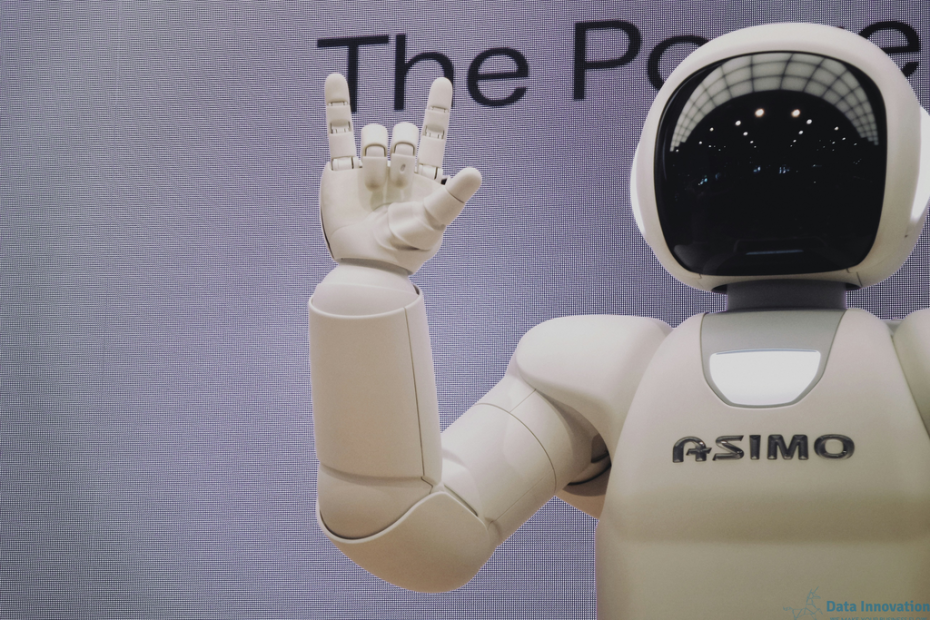In the era of big data and automation, companies around the world are discovering a revolutionary ally in artificial intelligence (AI). This technology is redrawing the maps of business strategies, introducing changes that not only optimize operations but also elevate the customer experience to a new level.
Charting the Artificial Intelligence Revolution
Imagine a world where every business decision could be based on meticulous analysis of gigantic databases, where opportunities and risks could be almost surgically anticipated. That world is already here thanks to AI. Technology, finance, and healthcare sectors, previously the custodians of technological forefront, are now the battlegrounds where AI is deployed most intensely, transforming everything in its path.
A recent study by PwC showed that more than half of technology sector companies have already integrated forms of AI into their processes. In finance, almost one in two companies is using this technology, mainly to sharpen their tools in risk analysis and in the customization of client-to-client services. This widespread use is no coincidence: it is because AI offers a return on investment that goes beyond the economic; it fosters a revolution in efficiency and service quality.
Investments that Shape Futures
The economic commitment to AI is tangible and growing. The forecast is that the global AI market will rise to a spectacular $309.6 billion by 2026, according to MarketsandMarkets. This figure not only speaks of the monetary value but reflects an investment in a future where digitalization and automation are cornerstones of every sustainable corporate strategy.
Beyond Efficiency—A Human and Global Impact
But what does this transition mean in human and global terms? Companies that apply AI are discovering its capacity to improve the customer experience in previously unimaginable ways, from chatbots that offer instant and personalized responses to complex systems that can anticipate needs before even the customer themselves identifies them.
Similarly, automation through AI frees employees from repetitive tasks, allowing them to focus on more creative and strategic aspects of their jobs. This transition not only elevates the quality of work life but also drives companies toward greater innovation and more sustainable development, aligned with the values of the Sustainable Development Goals (SDGs) such as decent work and economic growth.
Challenges and Battlegrounds
However, the adoption of AI is not without challenges. Implementation requires substantial investment in technology and training, as well as a reevaluation of business structures and processes. Data privacy and security also emerge as predominant concerns in this new digital era.
Looking Toward the Horizon
Despite these obstacles, the future of AI in the business realm looks promising and essential for competitiveness in a globalized market. Companies that are able to navigate this new digital world, addressing both technical challenges and ethical implications, will not only thrive but will also lead the charge towards a more efficient and sustainable world.
In conclusion, the revolution of artificial intelligence in business strategy is a tale of transformation, challenge, and hope. It is an open invitation to all companies, large and small, to rethink not only how they do business but how their actions can be part of a larger global narrative that seeks prosperity and sustainability for everyone. The question for today’s business leadership is not whether they will adopt AI, but how they will do so in a way that reflects both their business vision and their commitment to the global future.
¡Let’s talk today https://datainnovation.io/contactar/!
Source: Link


